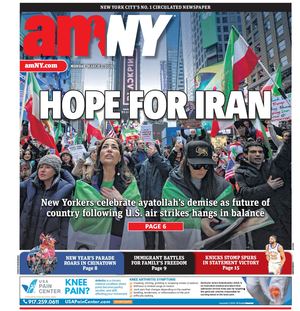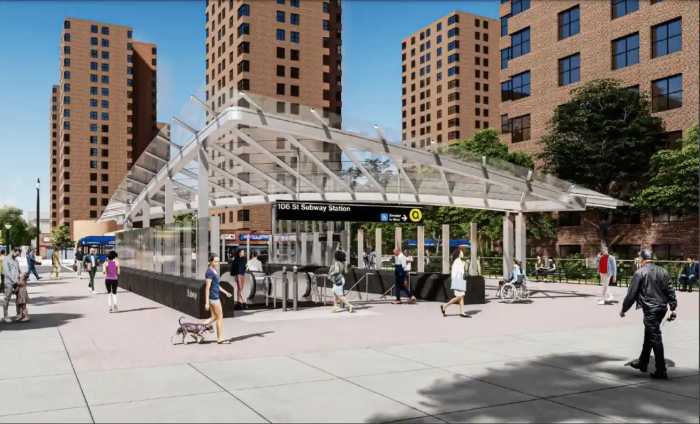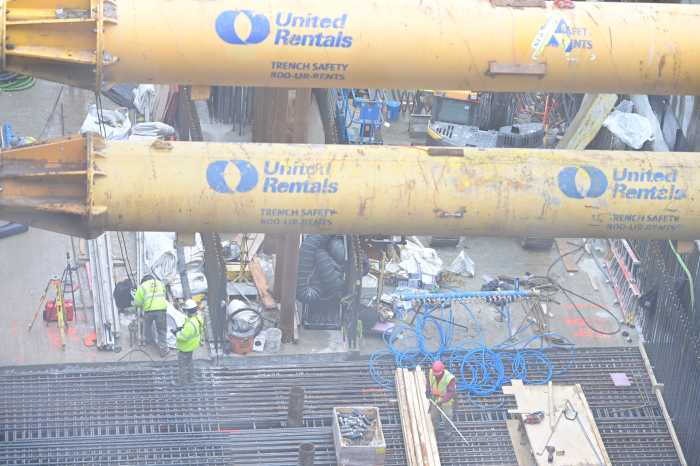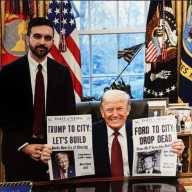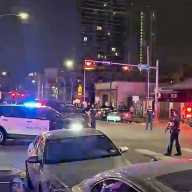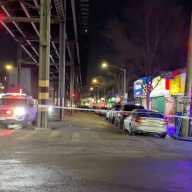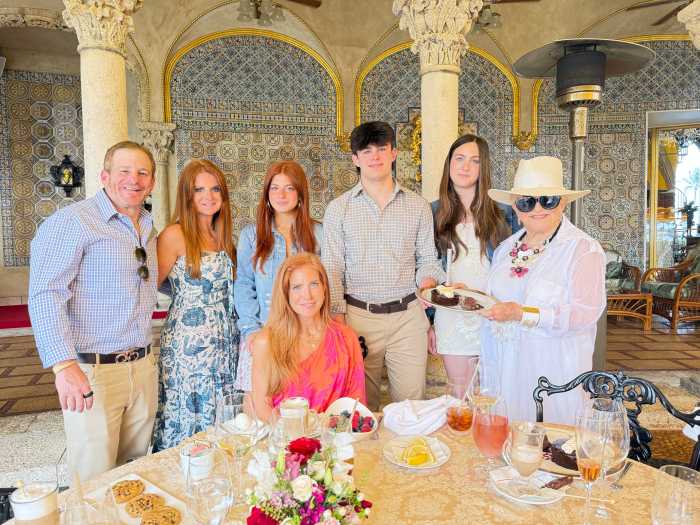Brace for the next round of MTA fare hikes.
The agency on Wednesday unveiled its two proposals for next year’s fare and toll increases — both options include a $4.50 jump for monthly MetroCards.
The two options on the table weigh jacking up a MetroCard swipe to $3 or keeping the current $2.75 rate while tinkering with the purchase bonus, the rate that riders receive for pumping money onto their cards.
Under either proposal, 30-day MetroCards jump to $121 and seven-day cards tip from $31 to $32.
Both options would achieve just under a 4 percent increase in fares — the lowest increase since 2009, before the agency began raising fares every other year. That, the agency touted, is the result of better discipline and a brighter financial outlook.
Despite the savings, MTA Chairman Tom Prendergast said that the increase is needed to maintain safety and reliability levels throughout the transit network.
“We’re taking costs out of the organization and keeping [riders’] fares and tolls as low as possible,” Prendergast said at an MTA board meeting.
The MTA will now hold eight public hearings across the region this December to collect feedback on the two options. In January, the full board will vote to execute a proposal, with the new fares and tolls taking effect on March 19 next year. The increase will be the sixth fare hike implemented by the MTA since 2008.
“Plan A” would keep base fares at $2.75, but riders would only receive an extra 5 percent bonus with a $5.50 purchase. Currently, they receive an 11 percent addition for that amount. “Plan B” would bring a $3 base fare, but also an increased bonus of 16 percent for a $6 purchase.
The hikes inspired a lengthy discussion among board members about equitable transit and social fare programs on Wednesday, buoyed by increasing support for an idea to provide half-fare MetroCards to low-income New Yorkers.
Championed by the Community Service Society (CSS) and Riders Alliance, the plan would cost $200 million and could impact 800,000 city residents living at or below the poverty line, the organizations estimate.
David Jones, President of the CSS and an MTA board member, feared that either fare hike option would hurt that group of commuters. He’s argued that, generally, fare policy works to the disadvantage of the impoverished, who often can’t afford monthly cards.
Another fare hike could be a breaking point for those New Yorkers, he said.
“The best way for people to move people out of poverty and support their family is work,” said Jones. “To hit $3 — that’s $6 a day. For people [living at the poverty line] with a family of four, this could get real serious.”
City Councilman Mark Levine (D-Manhattan) argued that riders shouldn’t pay more for an “inferior product.” He rallied this week for the MTA to increase service quality on the 1, A, B, C and D lines in his uptown district.
“Riders are about to be asked to pay more at a time when service through the system is not up to an acceptable level,” he said. “Overcrowding is getting worse and worse. Ridership, especially uptown, is booming, and we need to first provide adequate service before asking for more money.”
The MTA countered at its board meeting that its two proposals were carved in the most equitable way possible. The agency also pointed to improvements, including expansion projects like its 7 line extension and the impending opening of the Second Avenue subway’s Phase 1, and other capital work, like the revamping of 31 stations and installation of countdown clocks and Wi-Fi throughout the system.
“We actually are providing expanded service in these next two years,” Prendergast said, elaborating that about 75 percent of revenue from the hike goes towards safety and reliability efforts. “A lot of people say, ‘Well, I’m not getting anything for that but I’m paying more.’ But our employees deserve raises … It’s all of those factors rolled into one.”
Plan A
Base MetroCard fare: $2.75
Bonus: 5 percent with $5.50 purchase
(Effective fare with bonus: $2.62)
— Single Ride ticket: $3
— Express Bus fare: $6.50 (cash)
— 30-day MetroCard: $121
— 7-day MetroCard: $32
— Access-A-Ride fare: $2.75
Plan B
Base MetroCard fare: $3
Bonus: 16 percent with $6 purchase
(Effective fare with bonus: $2.59)
— Single Ride ticket: $3.25
— Express Bus fare: $7 (cash)
— 30-day MetroCard: $121
— 7-day MetroCard: $32
— Access-A-Ride fare: $3
